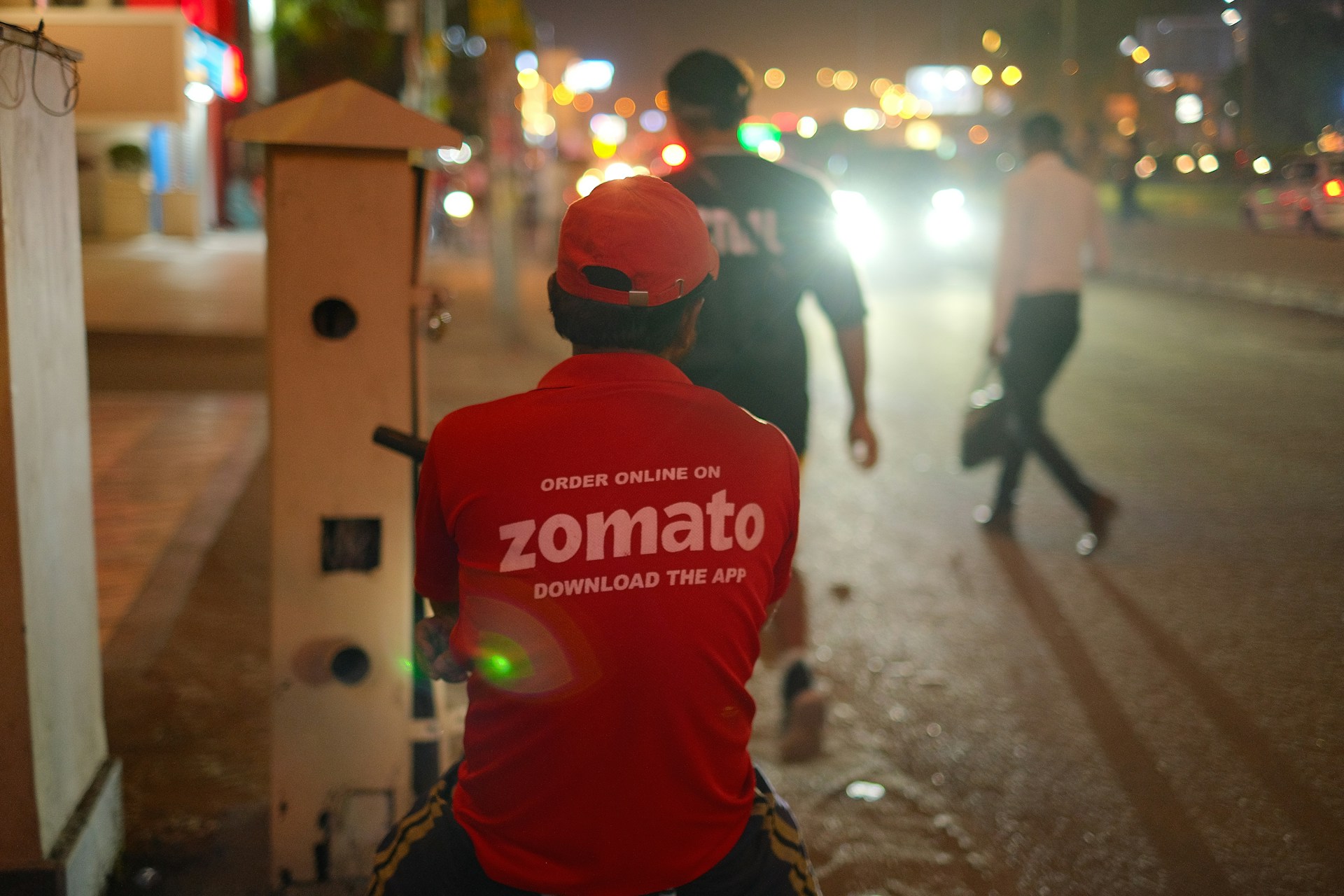International Trends in Family-owned Businesses
Family-owned businesses have long been the backbone of global economic development, contributing over 70% to global GDP and generating more than US$60 trillion in annual turnover in 2023. These businesses also employ about 60% of the global workforce, playing a crucial role in driving socioeconomic progress within the communities where they operate.
Many prominent enterprises have been established, managed, and passed down through generations of family leadership. A prime example is India’s Tata Group, which, since its founding in 1868, has navigated multiple generations of leadership. Today, the conglomerate’s market valuation exceeds US$400 billion, making it the first Indian company to reach this milestone.
Over time, family businesses have adapted to significant changes driven by shifting socio-economic landscapes, technological advancements, and evolving generational values. In Asia, particularly, family-run companies have successfully transitioned across generations. Their resilience stems from a careful balance of risk diversification and prudent debt management. Additionally, the new generation of leaders, often equipped with international education and experience, bring fresh perspectives and modern management practices that drive new age family businesses forward.
The way family-owned businesses are run today looks vastly different from decades ago, and close attention is being paid to future generations, particularly Gen-Z, who are shaping the next phase of business leadership in family-run businesses.
Family Office Management is Changing
A family office is typically set up to manage the wealth, investments, and personal affairs of a wealthy family. These offices have become more institutionalized over time, handling everything from financial planning to philanthropic ventures, governance structures, and succession planning.
A recent survey of Asia-Pacific (APAC) family offices by Deloitte reveals that they are positive about the future, with most expecting to see a rise in the family’s wealth. In jurisdictions such as Singapore and Hong Kong, the number of single-family offices has quadrupled since 2020. “Looking at the future of the family office space, I expect that the number of wealth holders and service providers will grow and thereby bring additional opportunities for growth among family offices,” said Matt Norman, chief investment officer, Kenjiro Private Office, United Kingdom & Japan.
Family offices in the region are investing substantially on risk management to tackle emerging risks like recession, inflation, and geopolitics. They are also bullish about diversifying their portfolios and investing on sustainable projects. They have plans to nearly double their allocation of ESG investments over the next five years. According to the head of a Chinese family office: “Our family office is not just about adding a few more zeros to our wealth, but also about realizing the family’s vision of generating greater social impact and empowering our portfolio companies to become world leaders in their own fields.”
The Coming of Next Gens
Between 2023 and 2030, ultra-high-net-worth (UHNW) and high-net-worth (HNW) families in the APAC region are expected to undergo an intergenerational wealth transfer totaling an estimated US$5.8 trillion. However, opinions differ on whether the next generation of family leadership is adequately prepared for this responsibility. While 9 out of 10 senior family office executives express confidence in current family leadership and their ability to guide family offices in the future, only 65% believe the next generation is ready to step in, leaving 35% uncertain about their capacity to successfully manage succession.
One of the family member’s and head of the family office in Hong Kong SAR shared his perspective on next generation succession planning:
“The generation that came after us is growing up in a very different world and one which is far more uncertain. It is difficult to judge which part of the world they will end up settling down in and I do not think they will be interested in our family business or family office work. So how do we keep this family together? We cannot go back to filial piety because this cultural value diminished even among my generation. My answer for now is to teach future generations about our family history over the past century, and how our family went through triumphs and tragedies.”
Family businesses play a powerful role as drivers of positive change, uniquely positioned to promote sustainable development. Recognizing this, UNCTAD, in partnership with the Family Business Network, launched the Family Business for Sustainable Development (FBSD) initiative. This initiative seeks to mobilize family-owned businesses worldwide to embed sustainability into their strategies, addressing global economic, environmental, and social challenges.
This topic will be discussed at the upcoming Horasis Asia Meeting that is being held in UAE, between 18-19 November 2024. This year’s meeting focuses on Dubai as Asia’s new economic hub, connecting Asia to the Middle East, Europe, and African regions.
Photo Caption: The way family-owned businesses are run today looks vastly different from decades ago.



